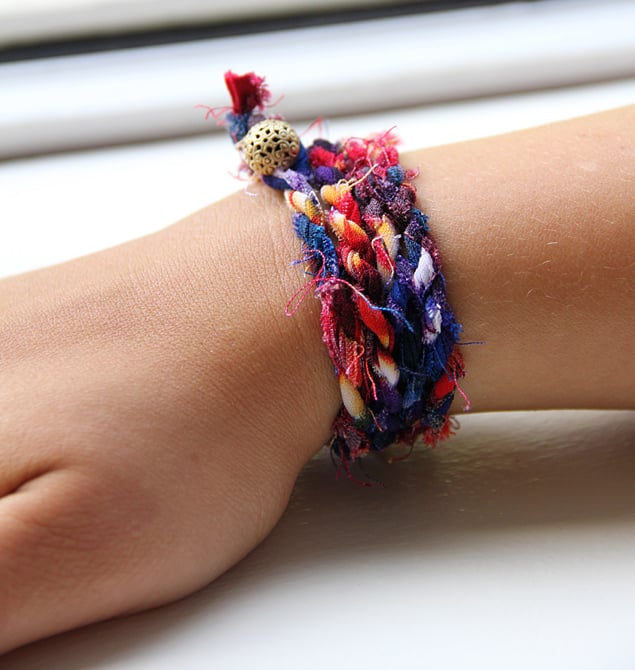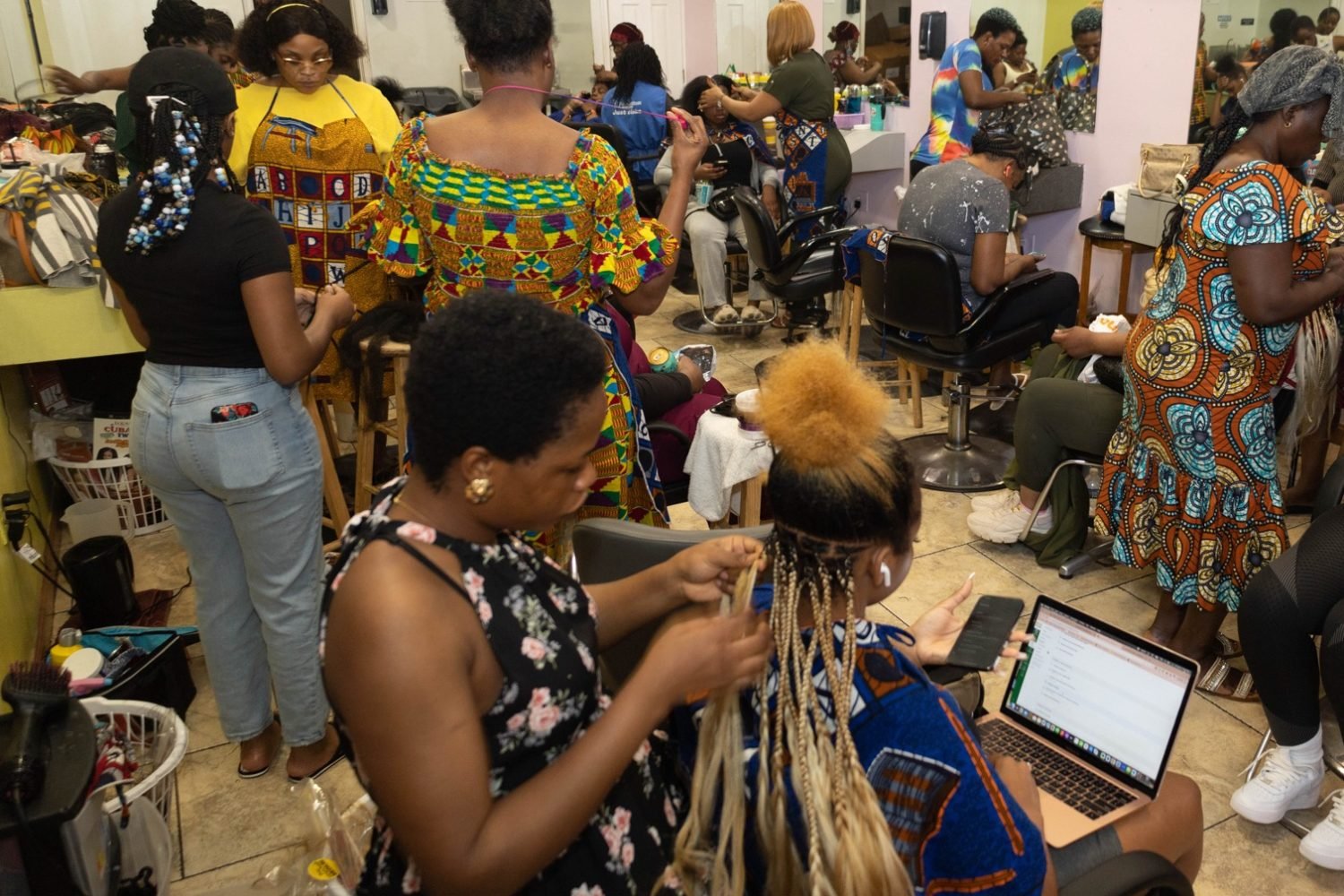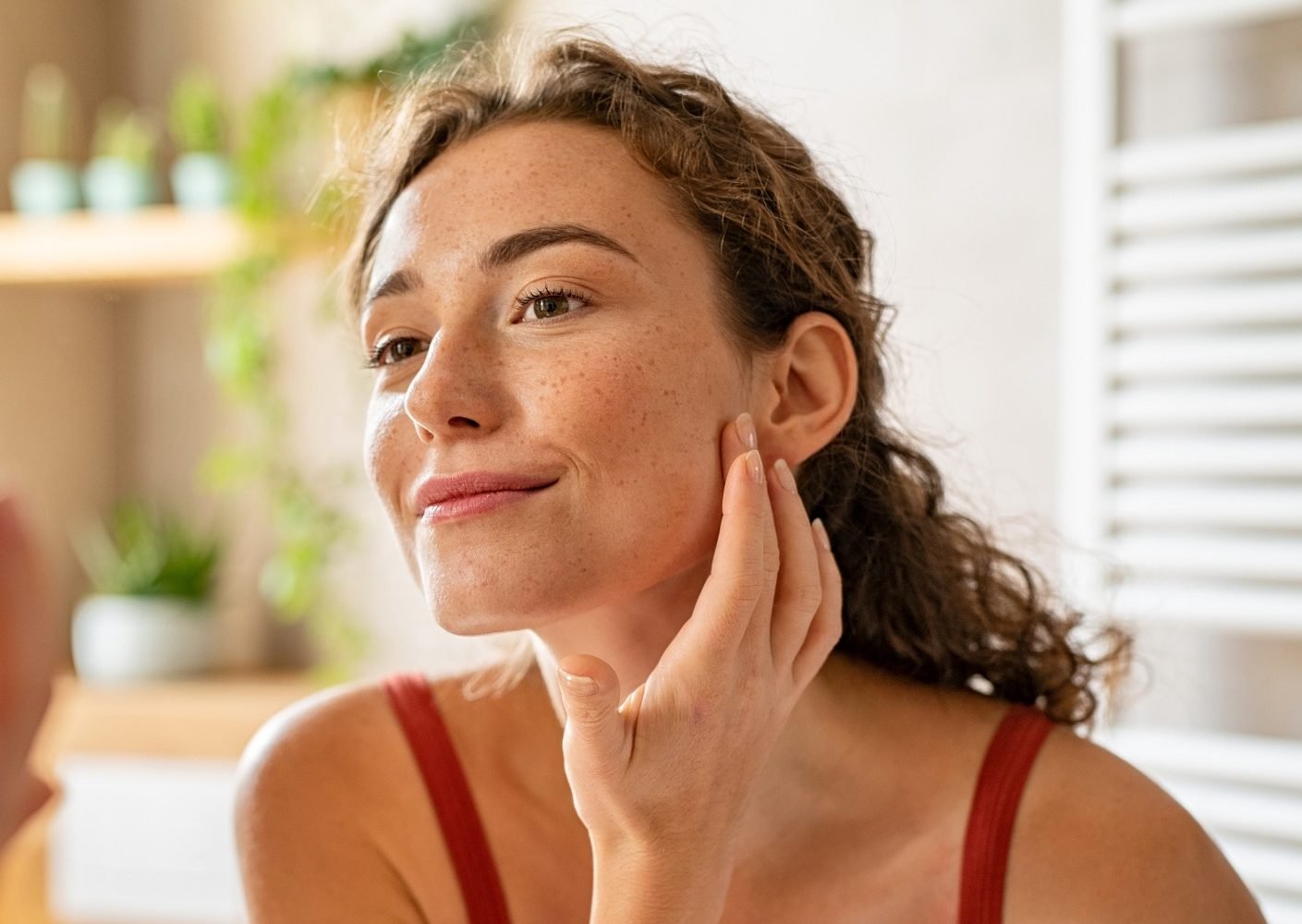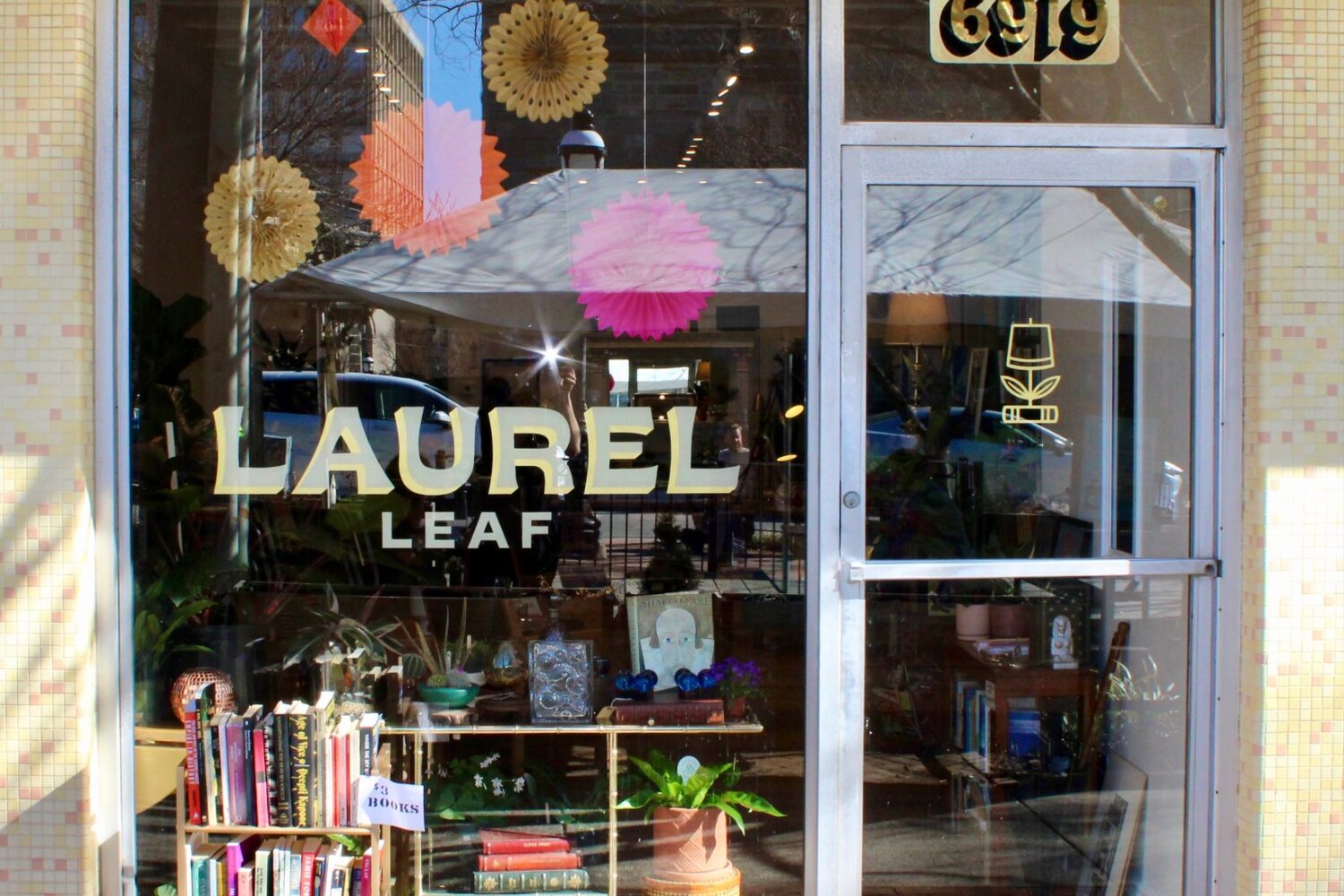Summer can be a little rough on the skin. Sunburn, rashes, insect bites and acne are worse in the summer. Fortunately, there are quick fixes for many of summer’s skin issues.
Sunburn
If you had even one blistering sunburn when you were a kid, it more than doubled the risk of the life-threatening skin cancer, melanoma, later in life. For a sunburn, an ounce of prevention is definitely better than a pound of cure. Prevent a sunburn by using a broad-spectrum sunscreen, which means it blocks both UVA and UVB rays, of at least SPF 30 and reapply every two to three hours when in the sun and immediately after swimming or sweating. Creams, lotions, and gels tend to offer much better protection than spray sunscreens due to more thorough coverage. Hats and sunglasses are also a must to protect ears and eyes. If long-term exposure to the sun is likely, consider sun protective clothing which offer better coverage than sunscreen.
If you get sunburned, the best treatment is cool compresses, such as washcloths in cool water, a light moisturizer, and you should also take 400 mg of ibuprofen with a meal to help reduce inflammation. It’s important to replenish lost fluids when sunburned, so drink lots of water to rehydrate.
Acne
Heat and humidity can lead to increased oil production in the skin, while sweating through makeup and sunscreen can clog pores. The result of increased oil production and clogged pores in the summer is increased acne breakouts. When the hot weather starts, acne-prone skin will benefit from adding glycolic or salicylic-acid containing products to a skin care routine.
Cleansers and toners with glycolic or salicylic acid will help keep the skin exfoliated and reduce pore-clogging debris. Reduce exercise-induced breakouts by cleansing skin both before and after working out.
Rashes and insect bites
Don’t let poison ivy or insect bites spoil your summer fun. In my practice, I see people with itchy summer skin on a daily basis. Fortunately, many people can manage their skin problems at home. For insect bites, 1% hydrocortisone cream is helpful and easily found at the local pharmacy without a prescription. Avoid scratching insect bites because they can become infected and leave a scar.
Poison ivy (or oak or sumac) can be a much bigger issue to tackle depending on the extent of exposure. If you think you’ve come in contact with poison ivy, first wash your skin and clothes thoroughly to remove the oily residue that causes the itch. If you have a dog, wash him too because he could be spreading it to you. If the rash that develops is in a small area, 1% hydrocortisone may be all that’s needed. However, if the rash covers a large area of the body, call your doctor for a prescription cream or an injection. To help with night-time itch, Benadryl will help.
Dr. Elizabeth Tanzi is Founder and Director of Capital Laser & Skin Care and Clinical Professor of Dermatology at the George Washington Medical Center.



















